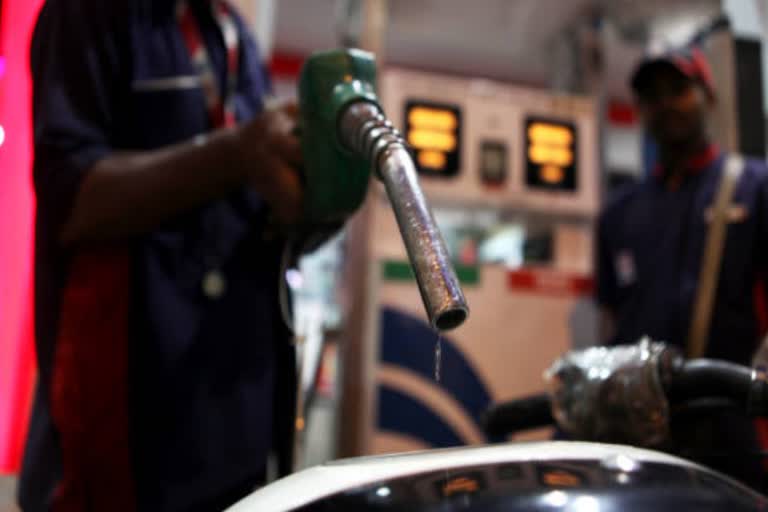New Delhi: Elevated prices of petrol due to a steep increase in taxes in the recent past is set to increase the adoption of compressed natural gas (CNG)-driven vehicles, Crisil Research said.
Accordingly, the last time petrol prices had crossed the Rs 80 per litre mark was in October 2018, when Brent crude had surged to $80.5 per barrel.
In contrast, the price has now touched an all-time high of Rs 85.2 per litre in New Delhi even though Brent has slid to $55 per barrel.
The increase is due to higher excise duty, which rose by Rs 13 to Rs 32.98 per litre in 2020 and value-added tax.
"Tax now accounts for over 60 per cent of the retail selling price of petrol, compared with 47 per cent in 2019," said Hetal Gandhi, Director, CRISIL Research.
"Given that the government has to find the money to ramp up public spending - and is also promoting usage of cleaner fuels - it is unlikely that the tax on petrol will come down to previous levels anytime soon."
In the current fiscal, the government is expected to earn incremental revenue of Rs 1.4 lakh crore because of higher excise duty - despite petrol and diesel sales volume likely declining 10-16 per cent.
Besides, in 2021, Crisil Research expects Brent crude to rise 23 per cent on-year to an average $50-55 per barrel from $42.3 per barrel in 2020, riding on a gradual recovery in economic activity globally.
"That would mean a 4 per cent increase over the average closing price of December 2020."
"In comparison, domestic gas prices are expected to rise over 20 per cent to $2.5-3.5 per million British thermal unit (mBbtu) in calendar 2021 from $2.45 in 2020."
Furthermore, the percentage increase in domestic gas prices is similar, the differential between petrol and CNG retail prices will remain wide because of higher taxes on the former.
Parallelly, the government is ramping up city gas distribution (CGD) networks, which would also drive up CNG consumption.
